Culture reporter Jennifer Schuessler reviews the Museum of the American Revolution, which opened in Philadelphia in April.
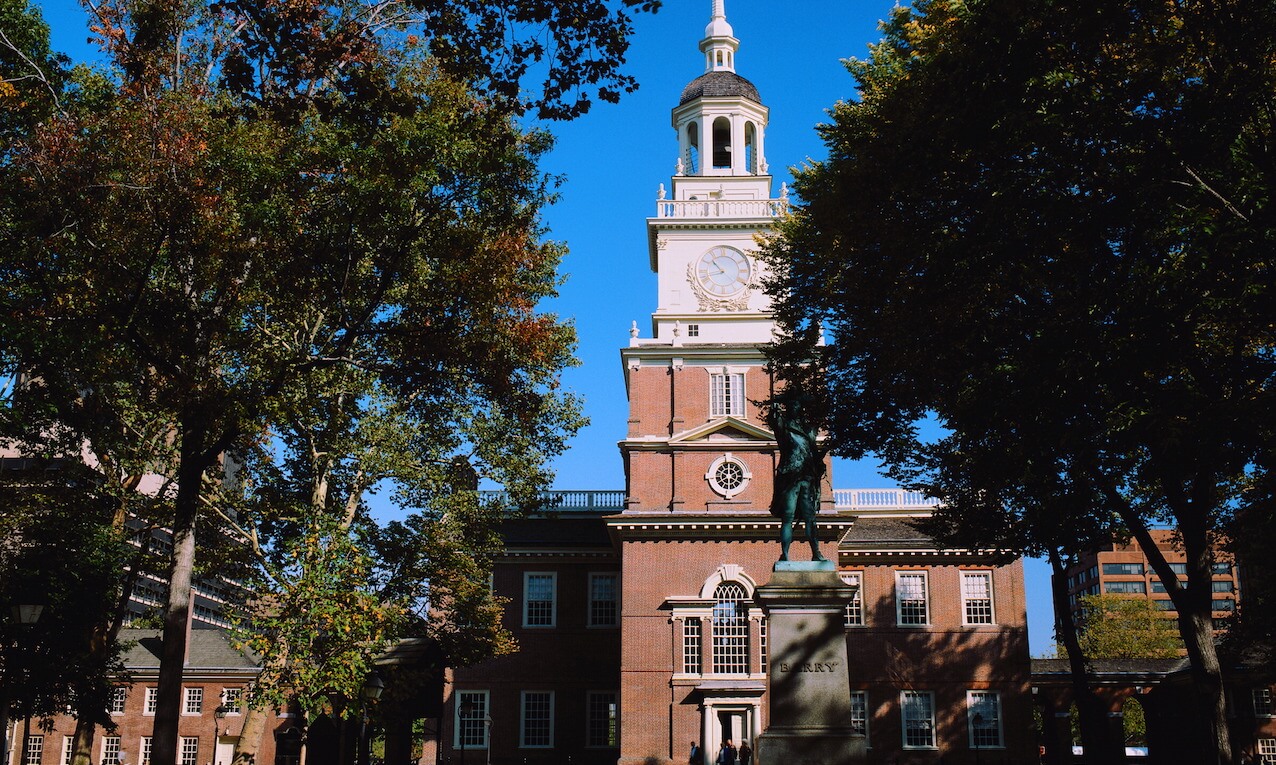

Culture reporter Jennifer Schuessler reviews the Museum of the American Revolution, which opened in Philadelphia in April.
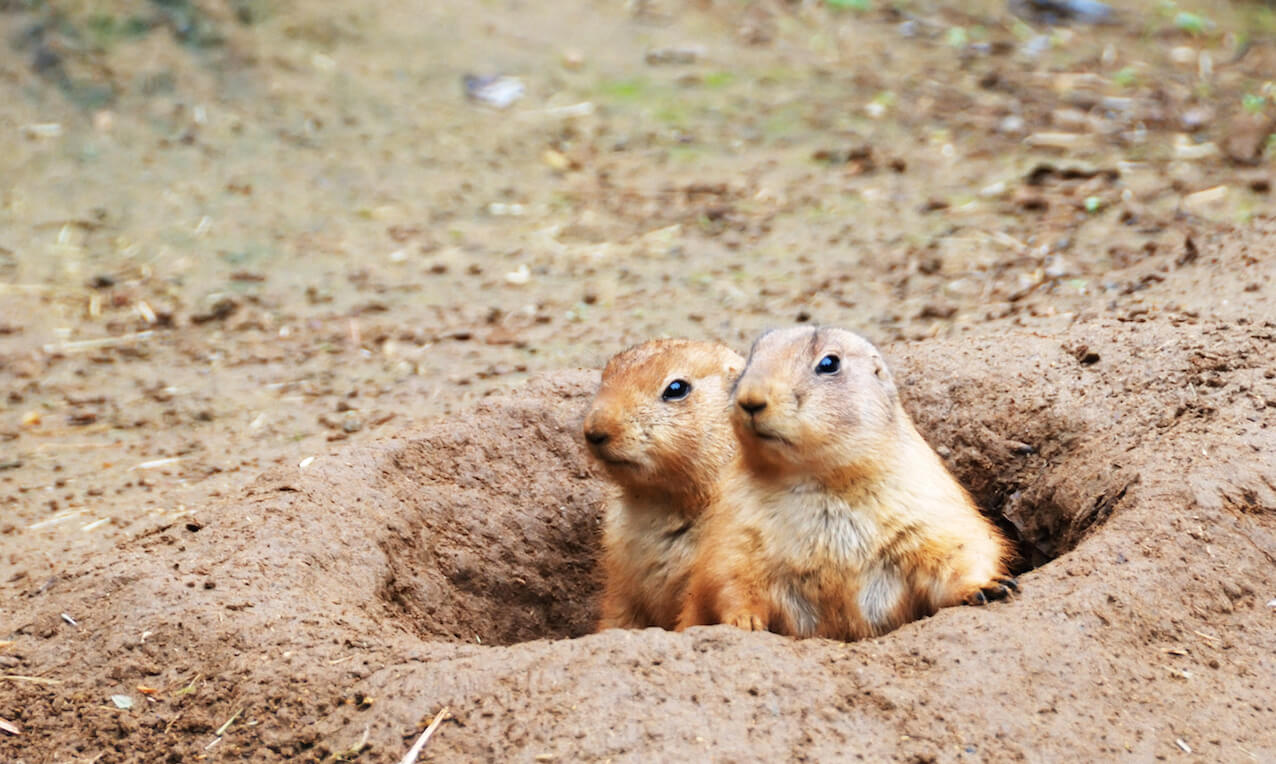
In this interview, molecular biologist Nathan Lents discusses his book, Not So Different: Finding Human Nature in Animals.
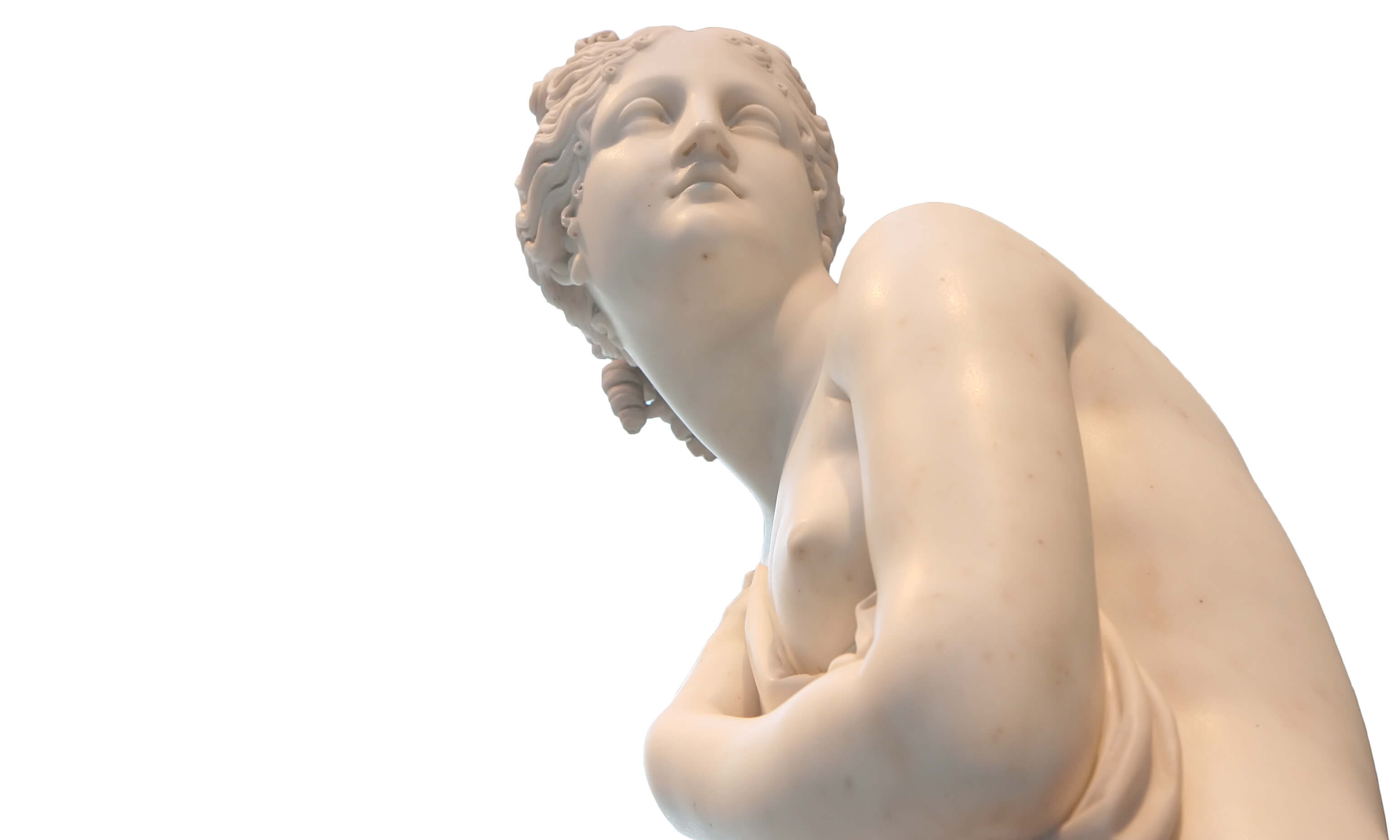
English literature lecturer Roberta Magnani draws comparisons between comic book heroine Wonder Woman and characters from mythology and classical literature.
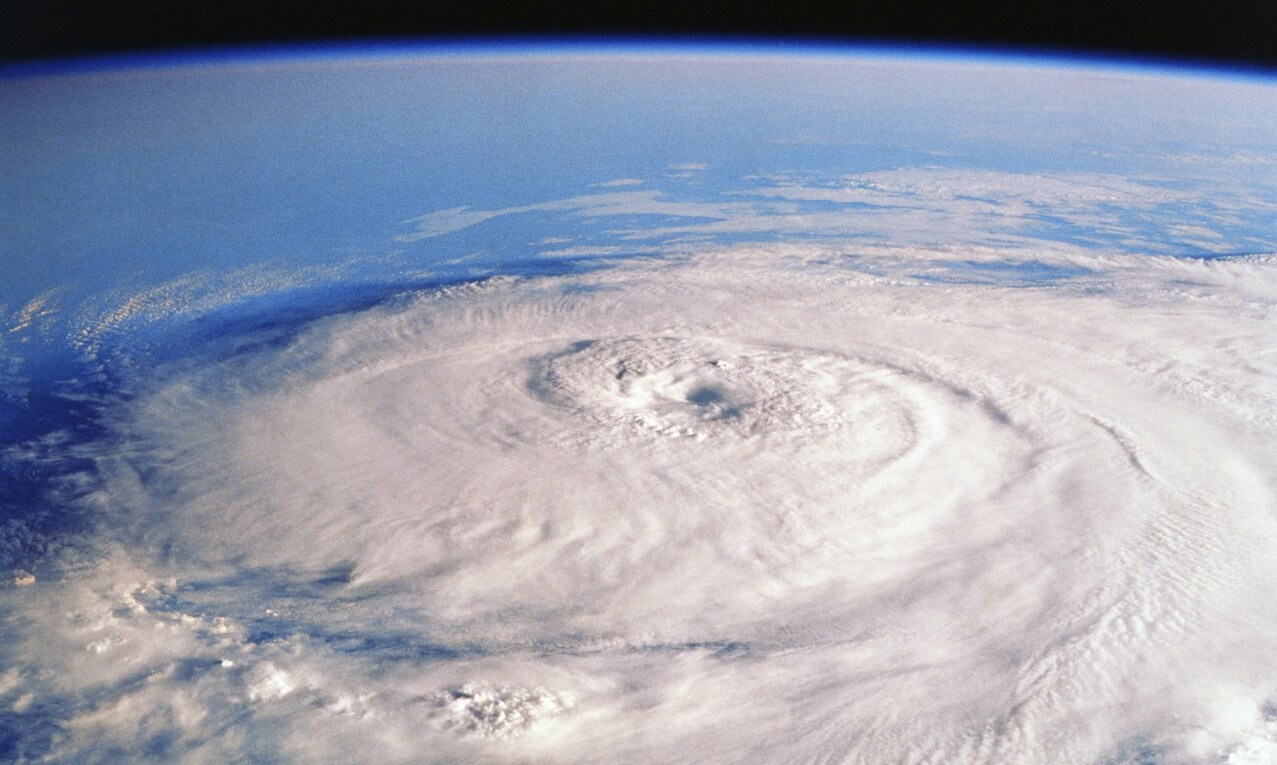
Social media has become a useful tool when seeking and disseminating information during a national disaster, but there are a few risks to keep in mind.

This article examines how immigration policy and gaming meet.
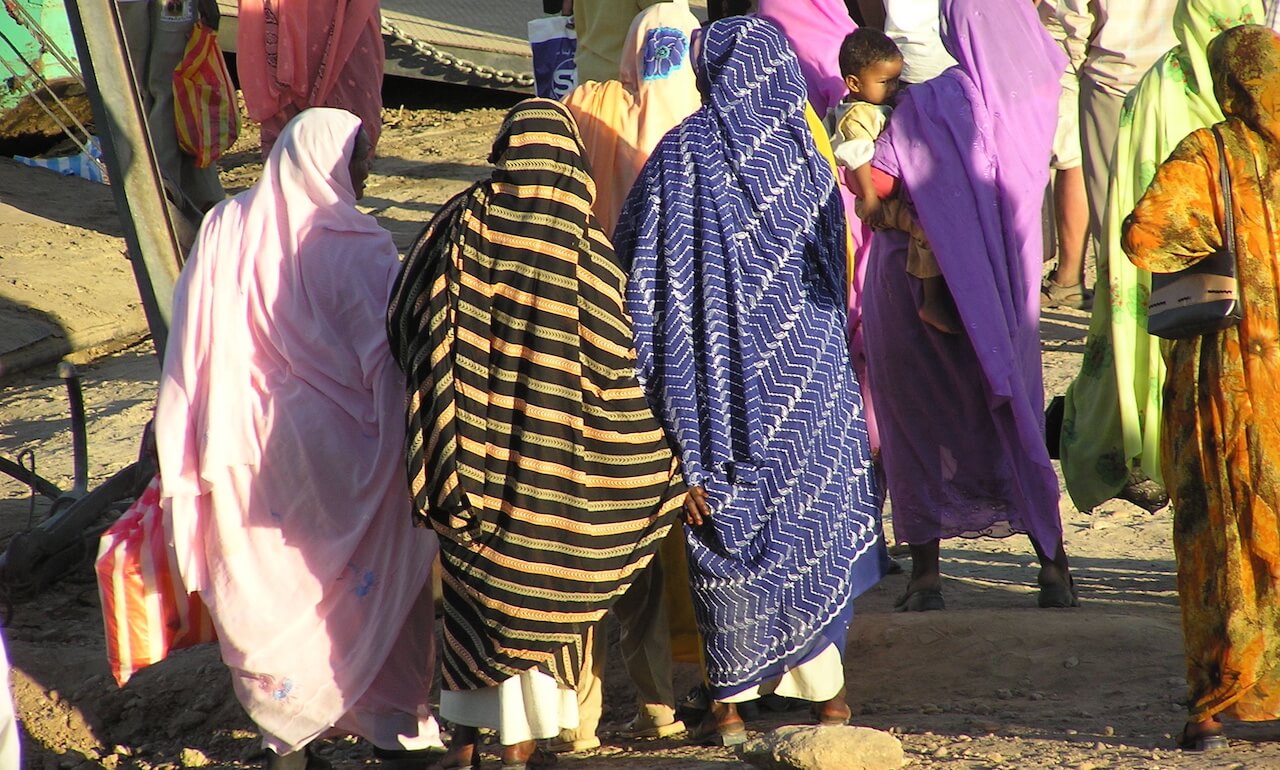
Ana Taban, a group of artists in South Sudan, promotes a peaceful resolution to the conflict in its country. Click the link at the bottom of the article to view a photo essay of the organization’s members.

Is the solution to economic inequality for billionaires to give it back? Author David Callahan talks to the University of Pennyslvania’s Knowledge@Wharton podcast host about his new book, The Givers: Wealth, Power, and Philanthropy in a New Gilded Age, in which he wites about this topic.

As sequencing one’s genes becomes more common, the field of social genomics is growing.
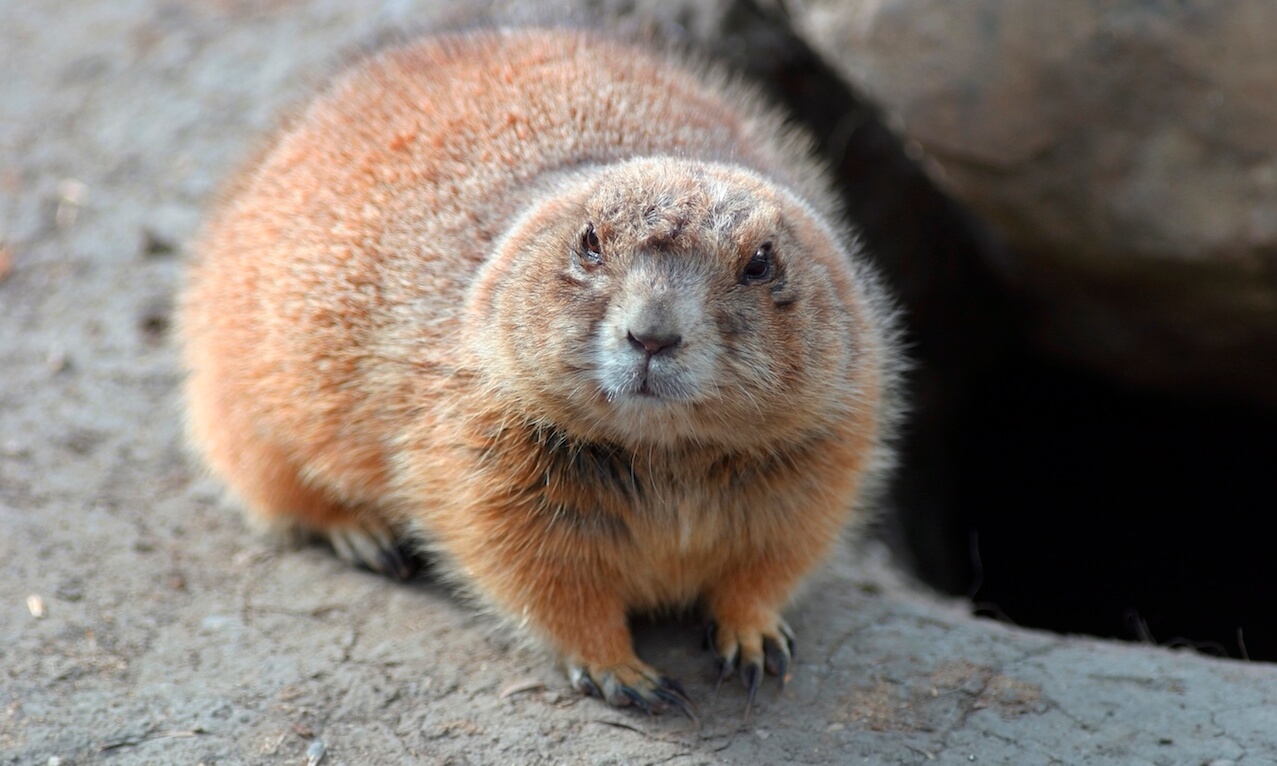
In this biographical essay, literary critic Adam Kirsch argues that Robert Frost led a kind of double life that was necessary to create his acclaimed poetry.
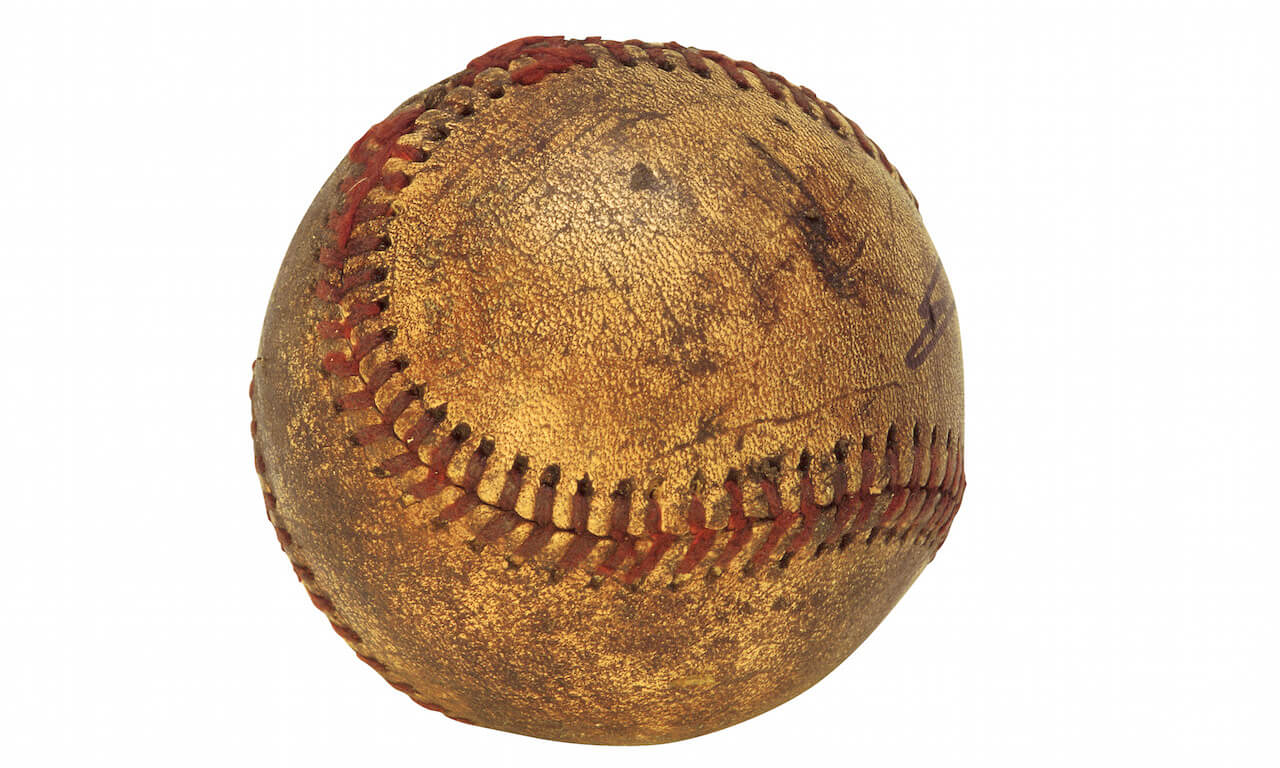
At the end of World War II, American servicemen in Europe organized a “World Series” baseball game, played in Nuremberg’s Stadion der Hitlerjugend, formerly the site of Nazi Party rallies.

In 1864, William Tecumseh Sherman led a hard-war strategy of pillaging and destorying property in the South, leaving civilians depleted.

This article offers tips for contructive risk-taking.
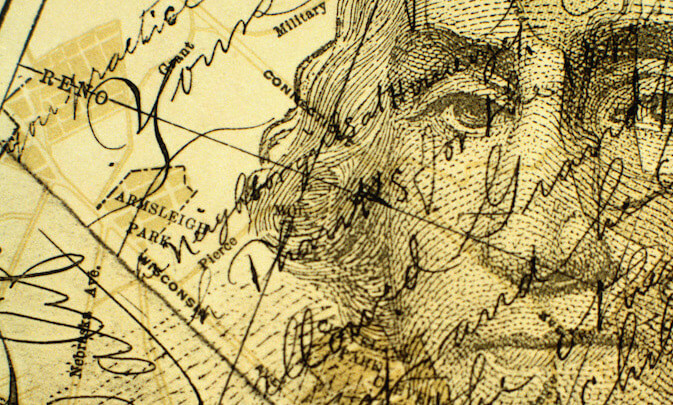
George Washington led an effort to create a network of spies to help win the American Revolution.

Tech companies such as Facebook and Google are urging customers to oppose changes to net neutrality rules. Read more about the issue in this article.

Read how former video game designer Howard Scott Warshaw turned failure into a career in which he helps others going through the same thing. Read or listen to the other articles in the “Total Failure” series for more stories of lessons learned.

Read about the efforts city officials across the country are making to welcome immigrants and why.

Citizens of a town in southwest Mexico take matters into their own hands in an attempt to stop the violence in their area.
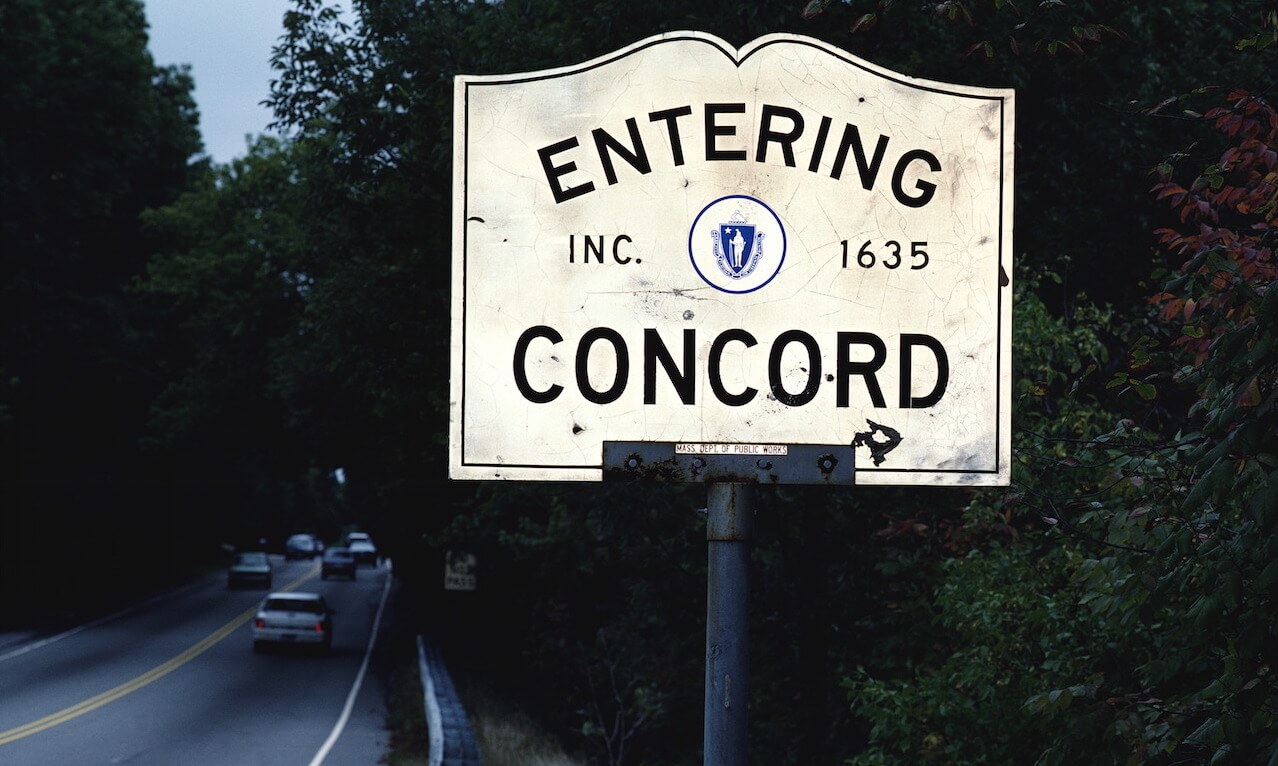
In this biography, read how the events of Emerson’s life led him to be a central member of the American Transcendalist movement.

This article examines why men may be hesitant to pursue traditionally-female jobs.

By incorporating environmental data into her artwork, scientist and artist Jill Pelto hopes to inform an audience who might not otherwise seek out the information. Scroll through the images at the top of the article to view her work.